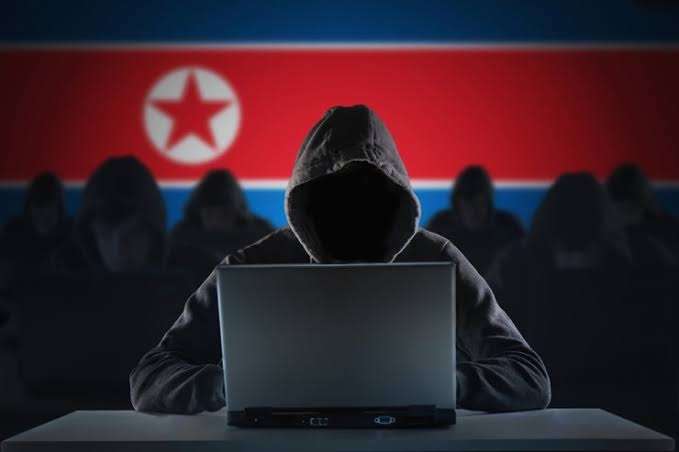North Korea’s cyberattacks on cryptocurrency assets have alarmed the international community, as revealed by a recent UN report.
The United Nations only recently made public a study that revealed North Korea’s involvement in cyberattacks targeting cryptocurrency assets.
It is noteworthy that the research has caused worry worldwide over the security of digital investments. While everything is going on, the most recent report from the Security Council reveals some worrisome figures.
These statistics indicate that North Korea obtains a significant percentage of its foreign currency income from cybercriminal operations. It is believed that crypto attacks have stripped the country of approximately $3 billion.
UN Report Exposes North Korea Crypto Hack Tactics
This disclosure further underscores the importance of implementing more stringent cybersecurity safeguards in the digital asset area. In its most recent assessment, the panel of specialists that makes up the Security Council revealed that North Korea relies heavily on cyberattacks as a critical foreign currency revenue source.
Nikkei’s research indicates that cybercriminal activities generate around half of North Korea’s foreign currency revenue. These actions specifically target organizations associated with virtual currency and crypto assets.
Particularly noteworthy is the fact that these findings shed light on the sophisticated strategies that it employs to circumvent international sanctions and finance its illegal operations through the use of cyber warfare.
In addition, the study, which lasted from July 2023 until January 2024, uncovered concerning information regarding the cyber capabilities of North Korea.
The study highlighted that cyberattacks accounted for approximately 40% of the costs incurred in the creation of weapons of mass destruction.
Additionally, defense-related companies have become increasingly desirable targets, with hackers associated with the Reconnaissance General Bureau sharing infrastructure and resources to carry out sophisticated cyber assaults.
Both of these developments have occurred in recent years. The disclosures in the report have sparked international alarm and prompted calls for decisive action to combat North Korea’s cyber risks.
Despite the report’s lack of legal authority, it serves as a reminder for Security Council members to consider imposing additional sanctions on entities found to be involved in North Korea’s illicit activities.
In addition, the study highlights the urgent need for better cybersecurity measures to protect the Bitcoin industry from cyberattacks sponsored by states.
In the meantime, Israel’s conclusion that Hamas owns weapons manufactured in North Korea has further heightened concerns regarding the growth of the illegal arms trade that is made possible by actions carried out by cybercriminals.
The international community continues to be attentive to monitoring and addressing the growing threat presented by the regime’s cyberwarfare capabilities. However, North Korea has denied these charges that have been brought forward.
At a time when governments are struggling to cope with the ever-changing panorama of cyber threats, they must work together to reduce risks and safeguard global security interests.












